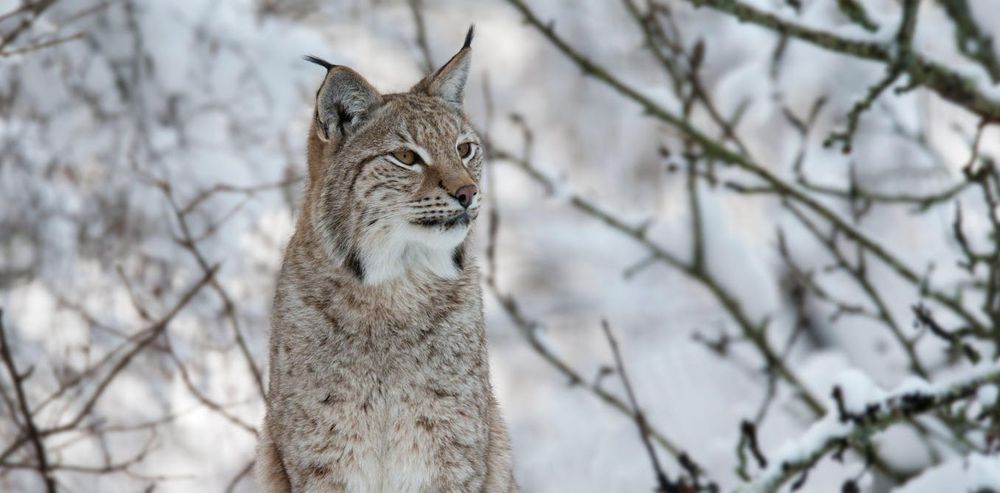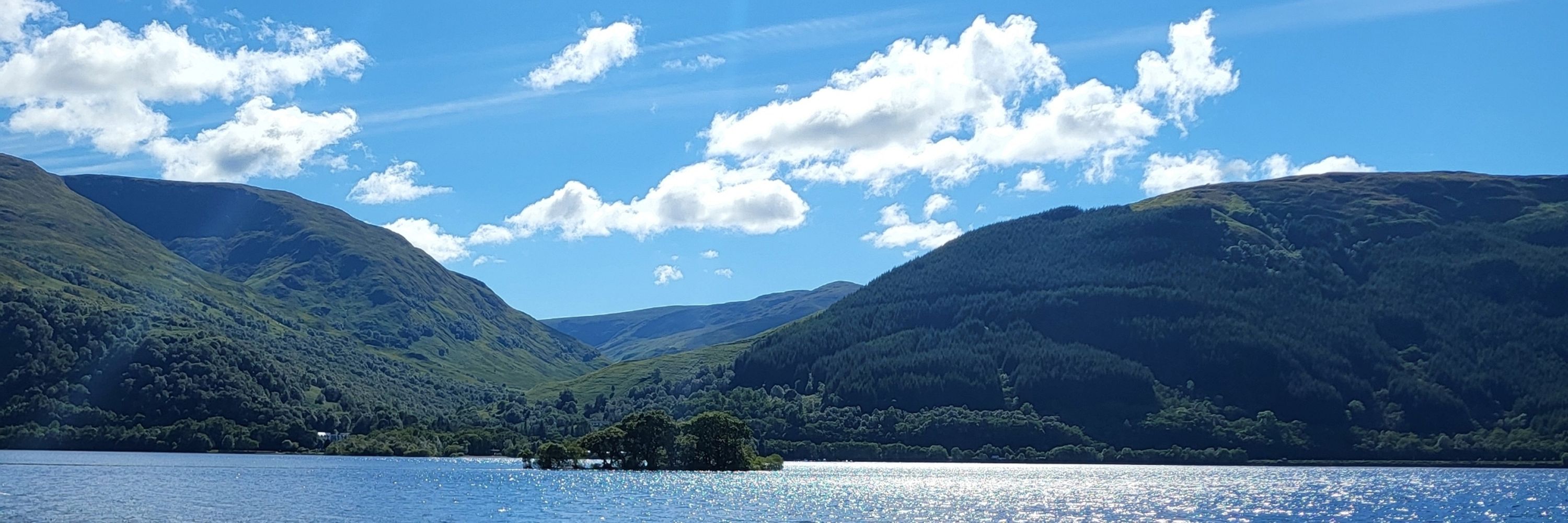
💛 MRes @sbohvm.gla.ac.uk
🎓BSc Animal Science // 🩺 AASc Veterinary Technology
📍Glasgow, United Kingdom
Bonnie and Clyde, a pair of Peregrine Falcons who return to nest atop the Gilbert Scott Building each spring, have welcomed their new chicks.
📸 Clarke Elsby #TeamUofG
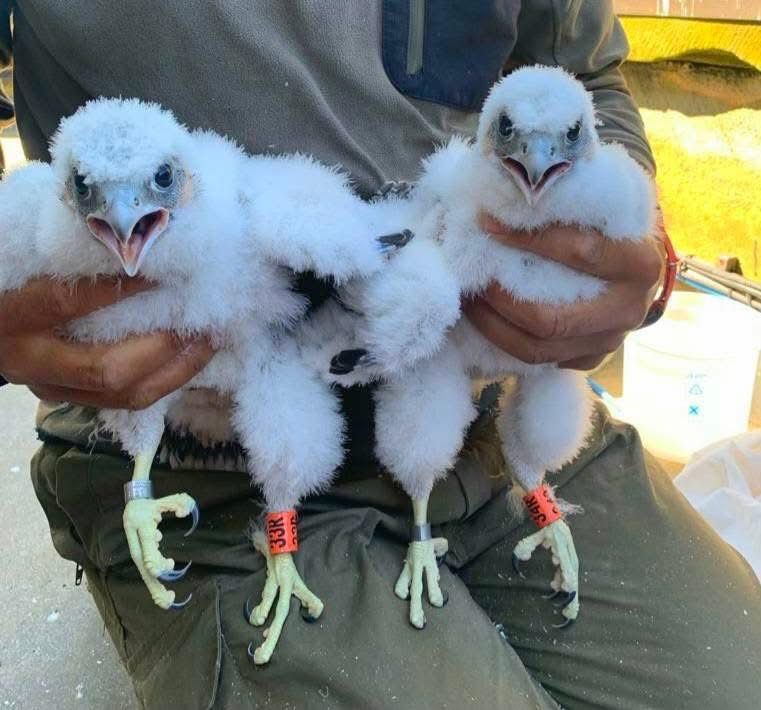
Bonnie and Clyde, a pair of Peregrine Falcons who return to nest atop the Gilbert Scott Building each spring, have welcomed their new chicks.
📸 Clarke Elsby #TeamUofG
1 WEEK TO GO!
Join us as we celebrate #BiodiversityWeek2025 and #NVWIreland.
Discover the findings from the Irish Stoat Citizen Science Survey — made possible by YOU!
Date: 22nd May 2025
Time: 19:00 – 20:00
Register now: tinyurl.com/4vpw2wdp
@volunteerireland.bsky.social

1 WEEK TO GO!
Join us as we celebrate #BiodiversityWeek2025 and #NVWIreland.
Discover the findings from the Irish Stoat Citizen Science Survey — made possible by YOU!
Date: 22nd May 2025
Time: 19:00 – 20:00
Register now: tinyurl.com/4vpw2wdp
@volunteerireland.bsky.social
Read full study: onlinelibrary.wiley.com/doi/10.1111/...

Read full study: onlinelibrary.wiley.com/doi/10.1111/...
scottishsquirrels.org.uk/2018/03/15/p... @naturescot.bsky.social
scottishsquirrels.org.uk/2018/03/15/p... @naturescot.bsky.social
Skills! 👏
Skills! 👏
Yesterday, a judge upheld her prior decision to prohibit Idaho’s authorization of wolf trapping + snaring in grizzly bear habitat during the grizzly bear non-denning season.
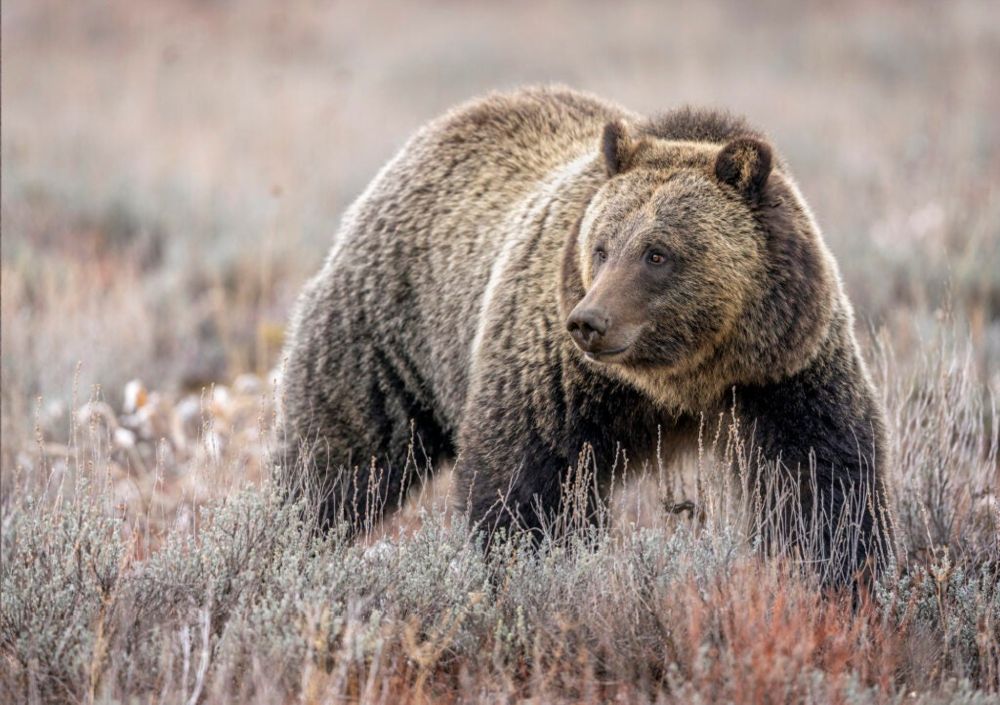
Yesterday, a judge upheld her prior decision to prohibit Idaho’s authorization of wolf trapping + snaring in grizzly bear habitat during the grizzly bear non-denning season.

Find out more about how we're trying to ensure a fair coexistence between wildcats and people ➡ savingwildcats.org.uk/landmanagerengagement
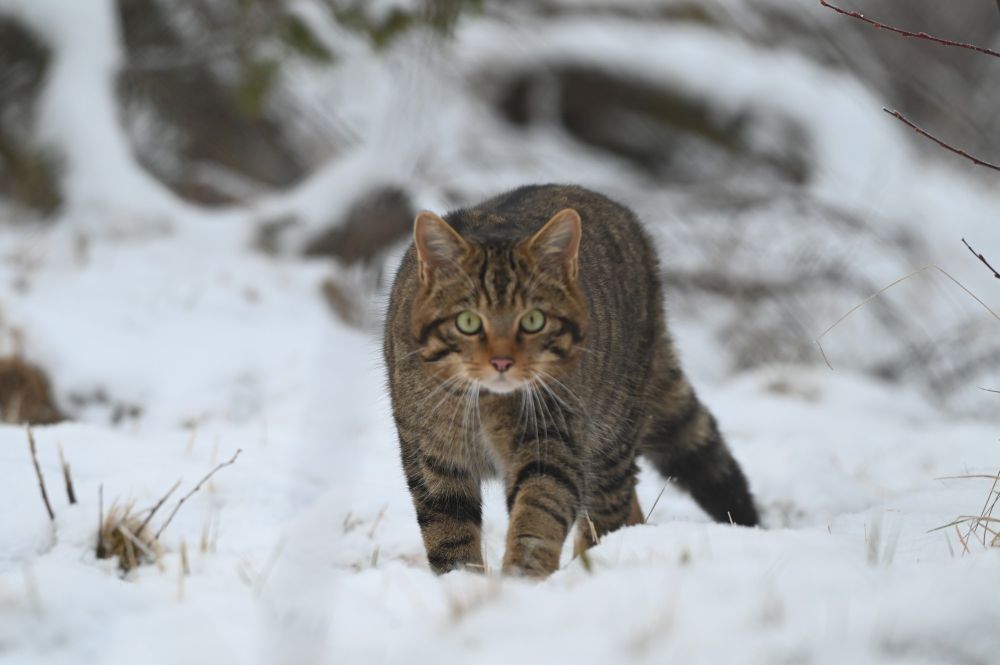
Find out more about how we're trying to ensure a fair coexistence between wildcats and people ➡ savingwildcats.org.uk/landmanagerengagement
